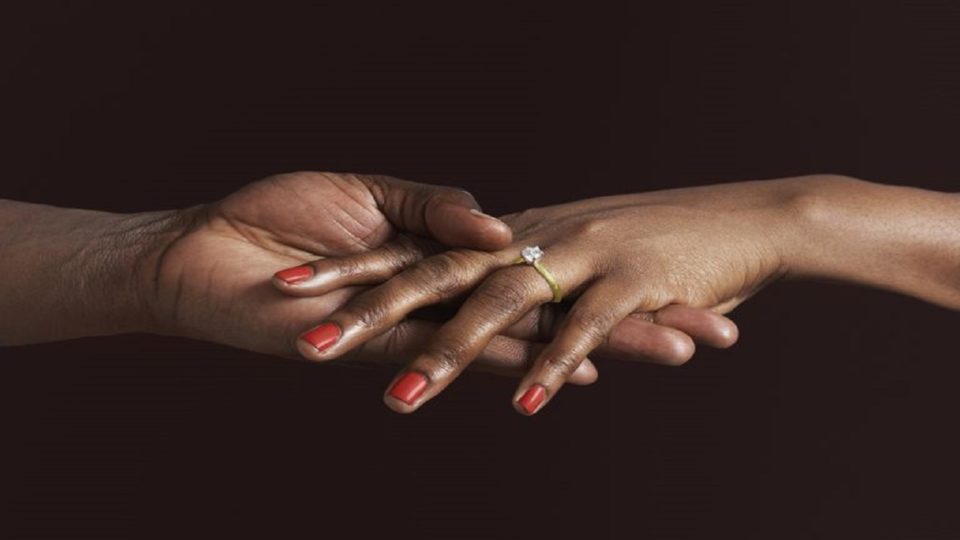By : Asoegwu Onyedikachim
Introduction
Our identity is enshrined in our name. In Igbo cosmogony, name serves both as an identifier and a background to the one that bears the name. Behind every name lies the meaning that explains that persons life. Hence, our name is our identity.
I am not a legal practitioner, hence this presentation will not tacitly be based on legal implications. As a philosopher, I aim to view this from general point of view covering even the legal implications because philosophy encompasses all subjects.
This presentation will focus more on the impact change of name has had on women who it seems that it’s a norm for them to change their name after marriage.
Asoegwu Onyedikachim
Explication Of Terms
A. NAME: Name is being given to human being to identify them. In our African traditional setting, it’s believed that name does not serve as an identification purpose alone. Name harbors history. There is a history behind the name given to us in Africa.
I answer Onyedikachim because when I was given birth to, of course I am twin, my parents saw that as a great thing God has done for them. Hence they named me Onyedikachim, meaning who is like my God.
My twin sister was named Ogechukwu meaning God’s time is the best, because she’s the only girl amidst five boys. Thus, name serves as an identification and a history!
B. WOMAN: Women are the female gender. They’re believed to be man’s missing rib, according to the Bible, the holy book. Women are seen as inferior compared to the men who are superior. Hence, a woman relinquishes everything she possess upon marriage : both her identification and history.
C. MARRIAGE: Marriage is the union of two adults (man and woman, probably) to become husband and wife. With marriage, they become one according to the Bible. Marriage is a union ; two becoming one!
The Impact Of Change Of Name For Women After Marraige
Legally, it’s optional to opt for change of name. So it is a criteria for a married woman to remain in her husband’s house. But can we look at it from socio-cultural perspective? What effect does it have for a woman to retain or not to retain her name.?
When married, a woman is believed to be the property of the husband. She assumes the identity and history of that of the husband. That’s why people opine for the wife to bear the husband’s name. But does this not make the women less human?
A thingified being that has not identity or history. A thingified being whose history can be manipulated, changed and rewritten? Is this not a form of colonization? With this, it makes marriage to look like colonization, subjugation of women.
As a humanist (which we all should be), this position is vehemently disputed.
Conclusion
From the foregoing, having seen the implication of names in our socio-culturel setting, the impact of change of name for women after marriage is huge. It depersonalizes them. It also affect them greatly especially those of them that have “existed” before marriage. How do you want them to reconcile their former life with their later life?
Women should be allowed to bear their names. This is the part of the our culture that needs to be deconstructed. It means nothing if a woman should retain her surname. Of course the children should bear the father’s name but not the wife.
Conclusively writing, as a philosopher, I opine that women should retain their names after marriage. It’s an obsolete tradition that lacks rationality!




